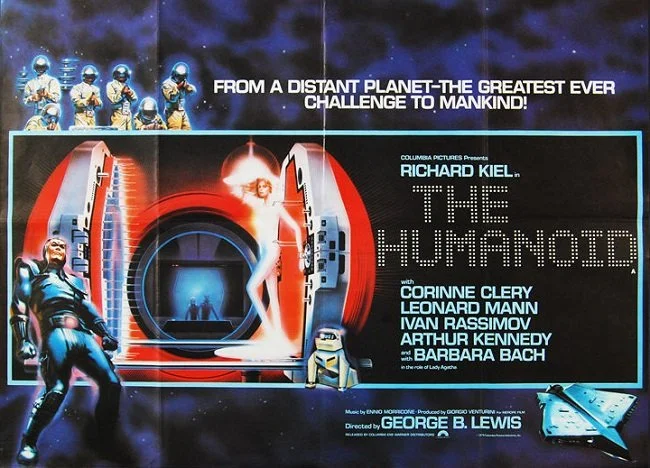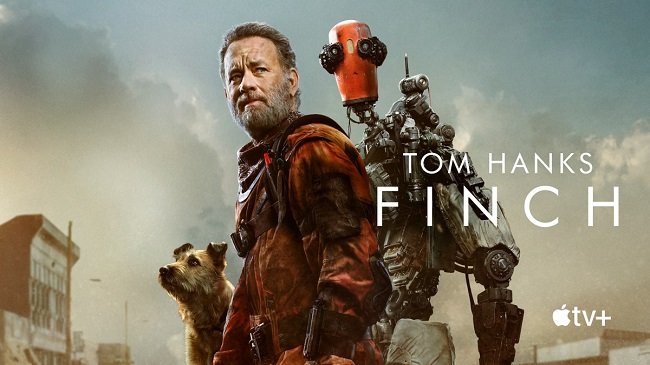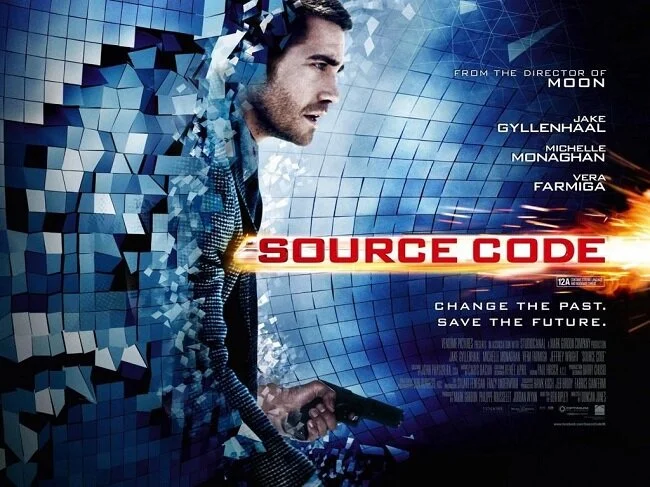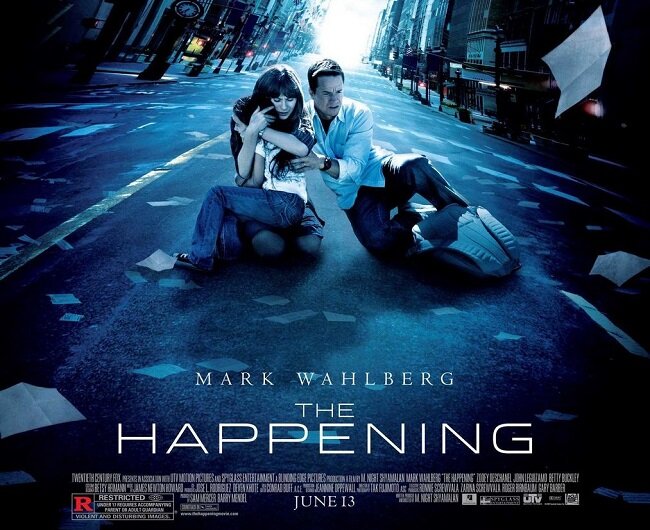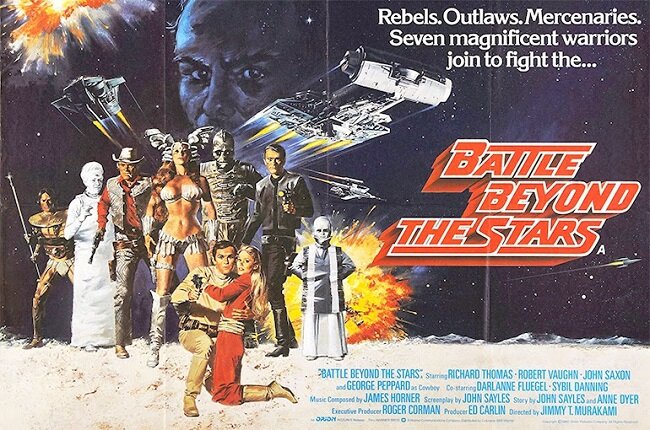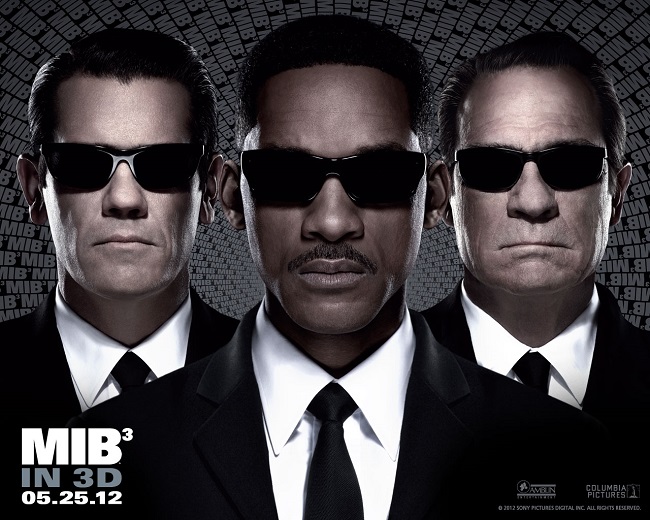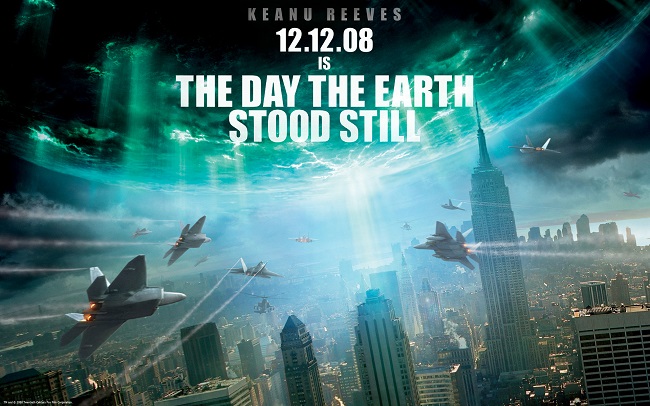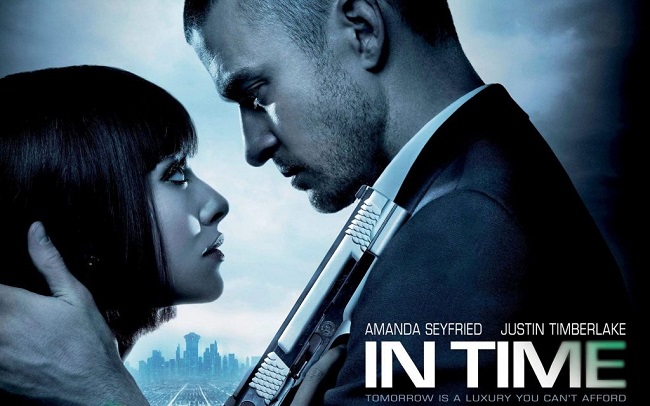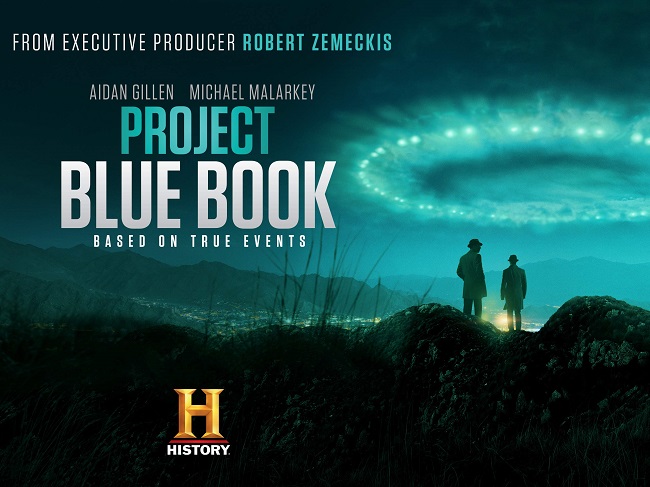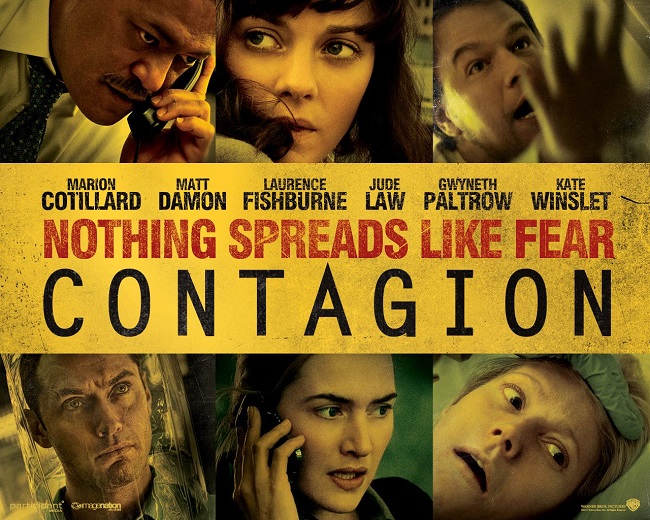Source Code (2011)
I wanted to watch Source Code for a second time before I wrote about it. This is because numerous internet debates have arisen regarding the plausibility of the film’s ending. I find this a somewhat curious stance considering that the story, written by Ben Ripley, deals with temporal travel and multiple timelines. All of which are purely theoretical and not currently subject to singular, definitive interpretations. I would further add that the science of the film is simply a plot device and is not its raison d'être. But that’s movies for you. People love to discuss them and more recently we have seen the rise of “explanation” videos on YouTube. However, the latter is a separate debate and something I may write about in the future. As for Source Code, I enjoyed it even more the second time round, as I had the time to focus on the minor details rather than trying to stay abreast with the main plot, as I did on my first viewing.
Army Captain Colter Stevens (Jake Gyllenhaal) wakes to find himself on a train, occupying the body of a teacher called Sean Fentress who is commuting to work in Chicago. Stevens is confused and disorientated as the last thing he remembers is being on a mission in Afghanistan. 8 minutes later the train explodes due to a terrorist bomb. He then awakes again to find himself in a dimly lit cockpit. Communicating via a video link, Air Force Captain Colleen Goodwin (Vera Farmiga) explains that he is on a covert mission to identify the terrorists that caused the attack before returning him back to the train to relive the 8 minutes again. Stevens is sceptical at first as he has no memory of events prior to the mission. However he surmises that he is being tested and continues to return to the train multiple times in an attempt to gain vital intelligence. As he observes the other passengers he forms a bond with his traveling companion Christina (Michelle Monaghan). Can he change the events that have happened or is he simply creating an alternative reality?
Source Code is an intelligent, well packaged film that manages to provide mainstream entertainment without the need to condescend to its audience. Director Duncan Jones, is cinematically literate and the film has clear nods to Groundhog Day, Rashomon and even Tony Scott's Deja View. He explores themes such as personal identity and the nature of existence, yet does not allow such philosophical musing to slow the action or bore the viewer. As science shatters traditional myths such as linear time, the film challenges our perceptions with some creative ideas. The central performances by Jake Gyllenhaal and Michelle Monaghan, are very strong. The concept of two strangers forming a strong bond under extreme circumstances reminded me of David Niven and Kim Hunter in A Matter Of Life And Death. There is an amusing homage to the cinematic cliché of the "evil scientist", with actor Jeffrey Wright sporting a walking stick. It should also be noted that the Source Code storyline unfolds in a tidy ninety plus minutes and does not suffer from the current Hollywood trend of out staying its welcome.
Christopher Nolan set the bar very high with Inception, proving that films with strong narratives and requiring the audience to think, can be financially successful. Source Code was similarly met with equally strong critical and public approval upon its release. Its narrative is not quite as complex as Nolan’s opus but it does require a degree of reflection by the viewer. Where Source Code compensates for its convoluted science fiction plotline is with its characters and the human drama they share. Captain Stevens isn’t just on a mission to identify a terrorist. He quickly becomes invested in trying to save the passengers on the train. His companion Christina is a very engaging foil and the romantic element of the plot is very much a hark back to the golden age of Hollywood. The film ends in quite a bold fashion with both good and bad events occurring in separate realities. Science fiction films seldom have this emotional depth, making Source Code far more accessible to wider audiences.




